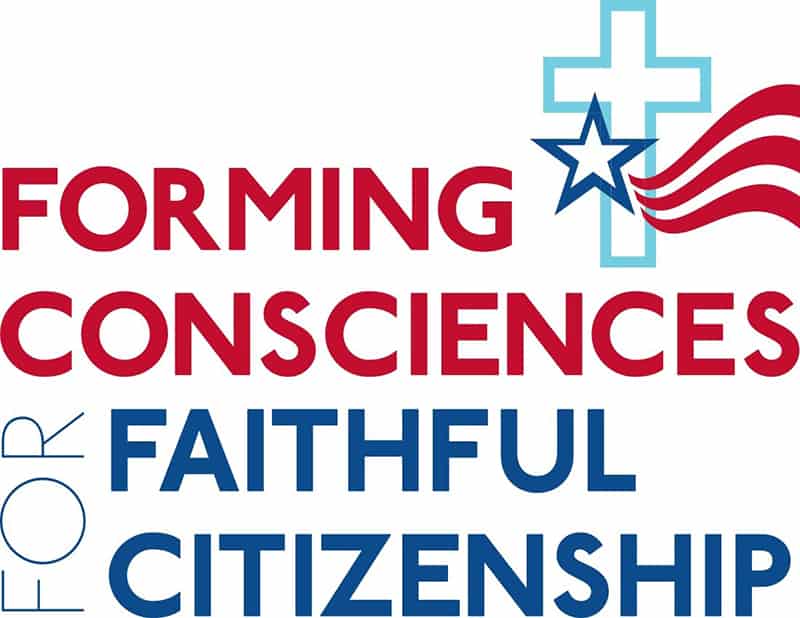
With election day coming up, Catholic voters are reminded to take their responsibility to vote seriously.
The U.S. bishops encourage voters to read and reflect on the document “Forming Consciences for Faithful Citizenship: A Call to Political Responsibility,” which is rooted in the Catholic Church’s long-standing moral tradition that upholds human dignity and the common good of all, according to Archbishop Paul S. Coakley of Oklahoma City, who chairs the bishops’ Committee on Domestic Justice and Human Development.
“The document is meant to give Catholic voters an opportunity to reflect upon how their faith intersects with their political and civic responsibilities,” said Archbishop Coakley.
One thing “Faithful Citizenship” is not is a mandate on which candidate for public office to vote for, Archbishop Coakley said.
“No candidate will likely reflect all of our values,” he told Catholic News Service in August. “But I think we need to begin in prayer. We need to know our faith. We need to study our faith. We need to have recourse to the Catechism and what it might teach about certain questions.
“This document is intended to be that, an official guide for the formation of consciences that Catholics can utilize as they weigh these questions,” the archbishop said.
Furthermore, he continued, “the Gospel cannot be parsed in political or partisan terms. The Gospel calls us to live by standards and our Catholic faith calls us to embrace standards that are not divisible into left or right, Republican or Democratic terminology.”
“Faithful Citizenship” draws from the teaching of Pope Francis, Pope Benedict XVI, St. John Paul II, St. John XXIII, the Second Vatican Council, and “Compendium of the Social Doctrine of the Church.”
The introductory letter reminds Catholics that “we bring the richness of our faith to the public square” and that “faith and reason inform our efforts to affirm both the dignity of the human person and the common good of all.”
The letter also says, “The threat of abortion remains our preeminent priority because it directly attacks life itself, because it takes place within the sanctuary of the family, and because of the number of lives destroyed. At the same time, we cannot dismiss or ignore other serious threats to human life and dignity, such as racism, the environmental crisis, poverty and the death penalty.”
It concludes by reminding Catholics to “bring their faith and our consistent moral framework to contribute to important work in our communities, nation and world on an ongoing basis, not just during election season.”
The full document also is available in Spanish, with accompanying videos available in English, Spanish, Tagalog, and Vietnamese. The English language videos, along with links to other USCCB Faithful Citizenship resources, are available at tennesseeregister.com.
On the Tennessee Register’s Faithful Citizenship resources page, links are available to the full text of the bishop’s document and more.
Archbishop Coakley said the bishops expect the guidance offered in the “Faithful Citizenship” materials will gain wider attention this year.
“My hope and prayer is that Catholics who really want their faith to influence their decision-making when it comes to going to the polls will give the reflections in this document consideration rather than just going to their favorite news source,” he said. “That’s going to be a very different kind of guidance than what they receive from their favorite cable news anchor or pundit.
“This is our chance to bring a different light to bear to a very important fundamental civic responsibility.”









